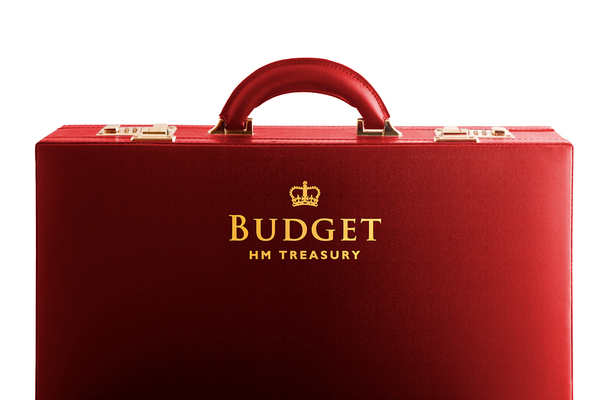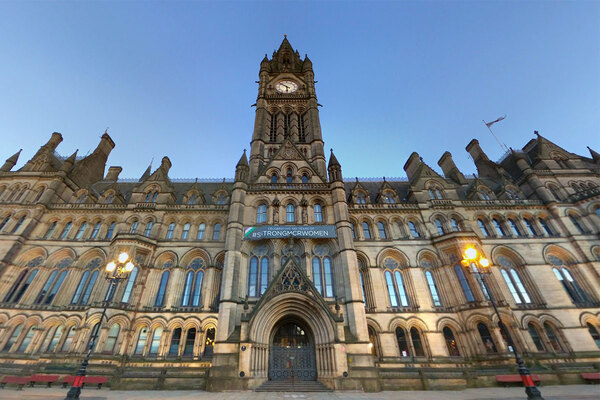You are viewing 1 of your 1 free articles
 Jules Birch
Jules BirchA look ahead to the Budget part three: welfare and tax
In the third instalment in his pre-Budget blog series, Jules Birch examines the possibilities of Philip Hammond announcing major changes to welfare and tax policy
I’ve written many times before about the way that the aftermath of the financial crisis in 2008 and the policies adopted under George Osborne since 2010 have combined to create a system in which older and better-off homeowners have gained at the expense of younger and poorer renters.
A piece in the Financial Times this week used figures from the Resolution Foundation to quantify just how much: housing costs for households on below-average incomes rose by £714 between 2007 and 2008, while they fell by £271 for those on above-average incomes.
The biggest gains went to the richest 10% of households, whose average housing costs fell by £1,206.
These figures do not include substantial increases in housing wealth over the same period as house prices have risen.
Many factors have driven this, including falling rates of homeownership and rock-bottom mortgage rates but policies on tax and welfare set by central government have also played a part.
So what could Mr Hammond do to redress the balance?
“Rising inflation means the chancellor is saving more than originally intended.”
First, he could act now to lift the freeze on Local Housing Allowance (LHA) rates that means private renters face ever-rising shortfalls against their rent until 2020.
The LHA freeze is just part of a bigger freeze on most working-age benefits that the Institute for Fiscal Studies estimates would cost £3.3bn a year to reverse.
The overall freeze is the single biggest cut to the welfare budget but rising inflation means that the chancellor is saving more than originally intended.
The Institute for Fiscal Studies estimates that Mr Hammond could end the freeze a year early, or increase benefit rates by 1% a year for the next two years, and still deliver the savings that were originally intended.
The government has at least abandoned plans to apply an LHA cap to social and supported housing but uncertainty remains about the future funding system, especially for short-term supported housing.
The LHA cap was originally meant to save £2bn over four years and the fine print of the Budget should show whether it really was a full U-turn or other cuts have been found to take its place.
The future of Universal Credit is another huge issue for this Budget. As the roll-out of full service accelerates, will Mr Hammond listen to the clamour for a pause in the roll-out and changes to the six-week waiting period?
The answer seems to be yes on the second issue, according to reports over the past few days, but will they go far enough?
In any case, the issues go well beyond the waiting period in a system that started off being all about transparency and ‘making work pay’ but has resulted in endless ways of penalising people who ‘work hard and do the right thing’.
“The issues with Universal Credit go well beyond the waiting period.”
Will Mr Hammond, for example, do anything about cuts to work allowances? See this piece by James Kirkup on Conservative Home.
Third, he could look again at the impact of the benefit cap a year after it was lowered to £20,000 outside London and £23,000 inside the capital.
The government is under far less pressure to act on the benefit cap than on the LHA freeze and Universal Credit but the effects of a measure that has left thousands of families with just 50p a week to pay their rent are graphically illustrated by Melanie Rees in a piece for The Guardian this week.
On the tax side of the Budget equation, most attention is focusing on stamp duty.
Here there are self-interested calls from builders, estate agents and The Telegraph for a general cut, a better-argued case for more targeted cuts to to encourage older homeowners to downsize and calls for further increases on buy-to-let landlords and owners of second homes.
And the advance reports are such that it would be surprising if Mr Hammond did not cut stamp duty for young homebuyers as a way of signalling his commitment to intergenerational fairness.
“A big and bold Budget would look to tax housing wealth as a whole, or land, rather than just people buying homes.”
It might not achieve very much or benefit many people but at least they could afford more sandwiches and takeaways.
Looking at the bigger picture, stamp duty now raises almost £12bn a year for the Treasury but one that increasingly discourages people from moving and gums up the rest of the housing market.
As such, any changes to stamp duty would have to fall into my ‘tame and timid’ category for the Budget.
A big and bold Budget would look to tax housing wealth as a whole, or land, rather than just people buying homes.
Any chancellor doing that would go a long way to redressing the balance between the winners and losers from the financial crisis, low interest rates and austerity – but it sounds like a step much too far for this one.
Jules Birch, award-winning blogger









